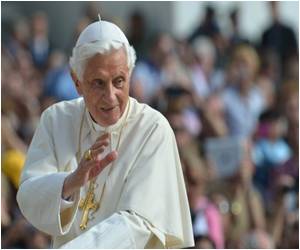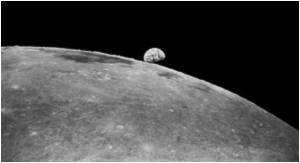The commercial hype over the supposed ancient Maya predictions of an end of the world on December 21 has made Rigoberta Menchu, the 1992 Nobel Peace Prize winner unhappy.

Nevertheless, millions of tourists are expected to flock to Mexico and Central America for celebrations that will include fireworks and concerts held at more than three dozen archaeological sites.
But don't expect much authenticity, said Menchu, an indigenous Guatemalan of Maya ethnicity.
"The authentic celebration of the Mayas -- that will not be seen by everyone, that is part of the private lives of the Mayas," said Menchu late Monday as she marked the 20th anniversary of her Nobel win.
"We are going to bid farewell to the grandfather sun and will bid him farewell in thousands of ways," Menchu said. "We don't care what the government will do."
The government of President Otto Perez has planned events at 13 archeological sites, especially at Tikal, some 530 kilometers (330 miles) north of Guatemala City.
Advertisement
Menchu is hardly the first native Mayan to decry the exploitation of her heritage.
Advertisement
The Maya culture flourished between the years 250 and 900, then slowly entered a period of decadence ending around 1200.
Archeologists believe long catastrophic drought sparked political destabilization and triggered wars that led to the collapse of Maya culture.
Scholars say that December 21 simply marks the end of the old Mayan calendar and the beginning of a new one.
Source-AFP









